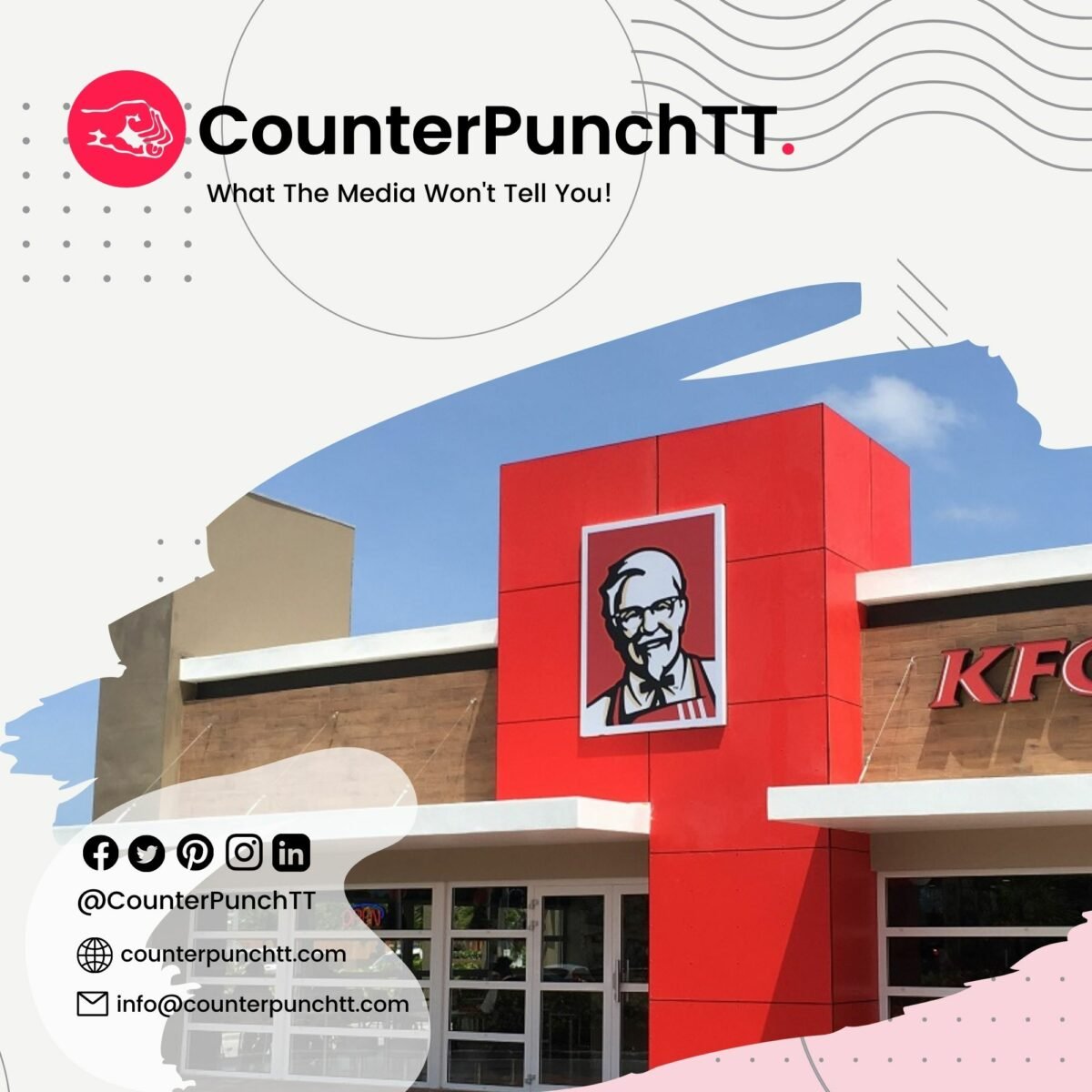DURING the revolutionary 1970s, trade unions and civic groups mobilised consumer protests with a catchphrase.
“Pass by/Mamaguy/But don’t buy!”
That was before one per cent controlled 85 per cent of the nation’s wealth.
It was prior to the huge income gap, revealed in a new study by Inter-American Development Bank, the vanishing middle class, and $2 billion annual commercial bank profits.
It was previous to public sector employees scrambling a four per cent salary increase over a decade while the cost of food galloped by 80 per cent.
It was preceding silence by the authorities amid importation monopolies in pharmaceuticals and other products, leaving consumers exposed to arbitrary price hikes.
It was ahead of the country’s leader – touting failed trickle-down economics – announcing: “We have to allow the rich to get richer.”
It was earlier than the cartel-controlled food import bill growing from $4 billion to $7.3 billion a year, while the Government frustrates farmers.
It was before Prestige Holdings – 68 per cent owned by one family – reporting 58 per cent higher profit in a single year and inflicting two price increases in three months upon consumers.
There is continued expansion of fast food stores, some constructed on arable farm lands.
The company uses pop psychology – specials, combos, bundles – to lure customers.
The KFC example fits the textbook definition of “corporate greed” or what the respected Forbes magazine calls “greedflation.”
Prestige’s chairman heads 10 dominant corporations – including the pharmaceutical monopoly – most of which gobble up precious foreign exchange and do not add to the productive process.
As in other countries, the business minority expands the prosperity gap by stifling competition and subverting the authorities.
The World Bank terms it “state capture.”
Yes, the elites employ workers and pay taxes.
But they dictate consumer prices, influence official policies, have easy access to foreign exchange, and do not face red tape and bank pressure, like small and medium-sized businesses.
They pass on the cost of increased minimum wage to struggling consumers, including penny-pinching single mothers and the elderly.
They routinely secure lavish Government contracts, some without competitive bidding.
Professor Selwyn Cudjoe, one of the few commentators on the issue, has written about “the capture of the T&T economy by a tiny minority…”
There is no consumer protection.
T&T has refused to follow Barbados activist leader Mia Mottley’s example in taming bank charges.
Some countries introduce wealth taxes and other direct measures to create shared prosperity by enabling the working class and SME sector.
US President Joe Biden said in his State of the Union address last week that he will “make large corporations pay their fair share of taxes” and will slash credit card fees for ordinary people.
Not T&T.
The KFC boycott, as short-lived as it may be, is a throwback to a period of social consciousness and consumer militancy drummed up by trade unions and advocate groups.
It is a reminder of a defiant era when Bob Marley energised us with: “Get up. Stand up. Stand up for your rights.”




